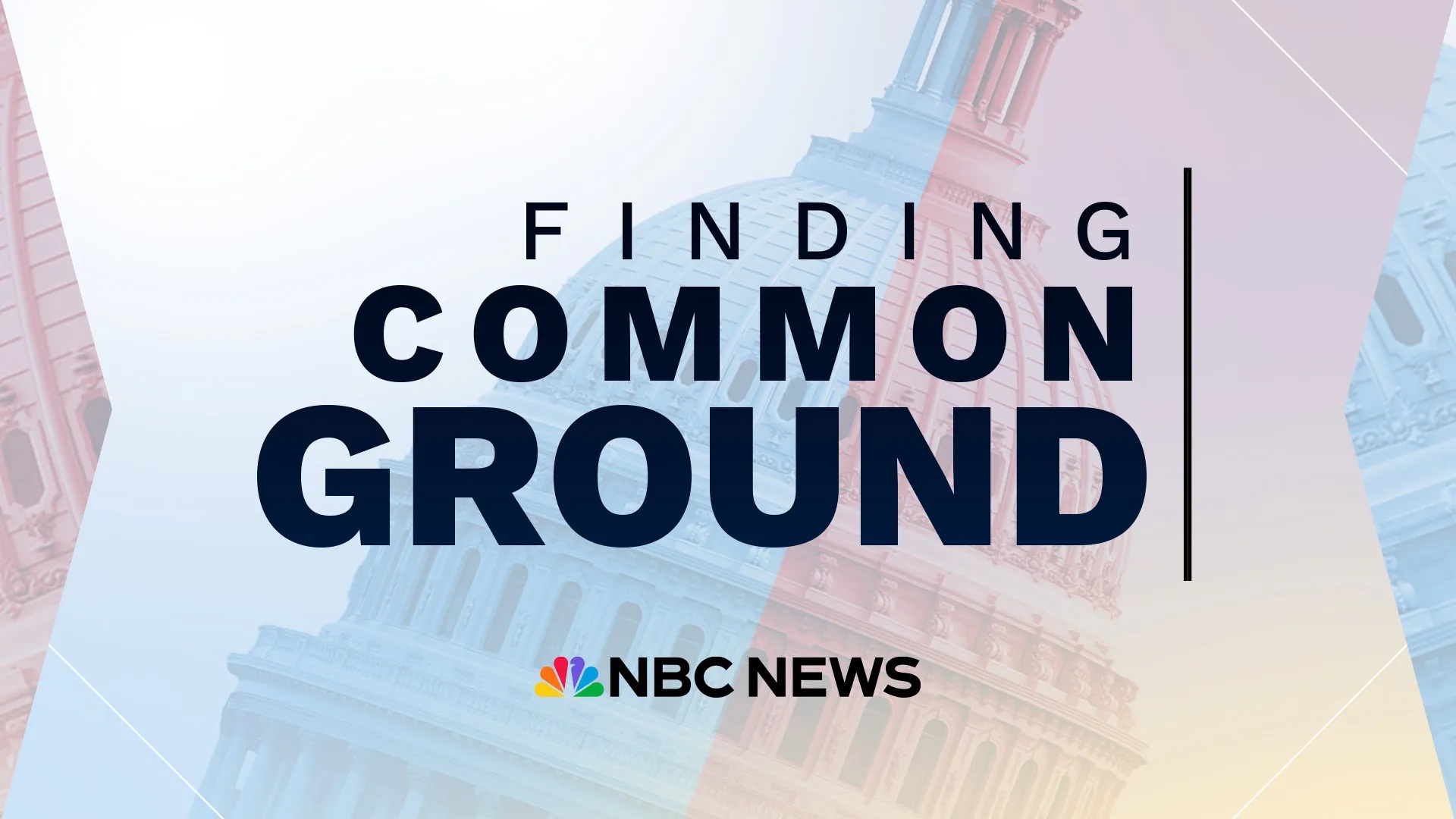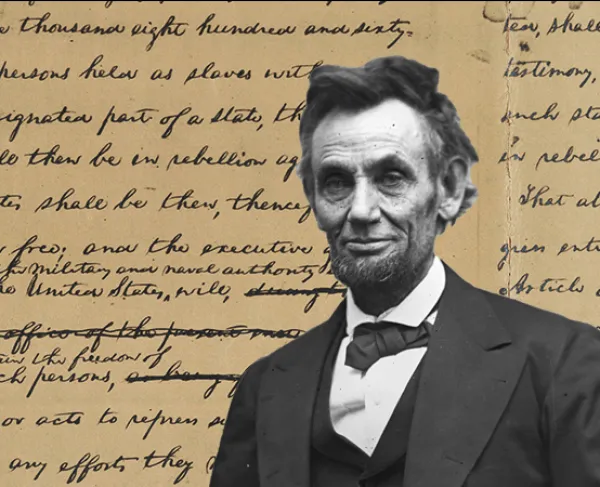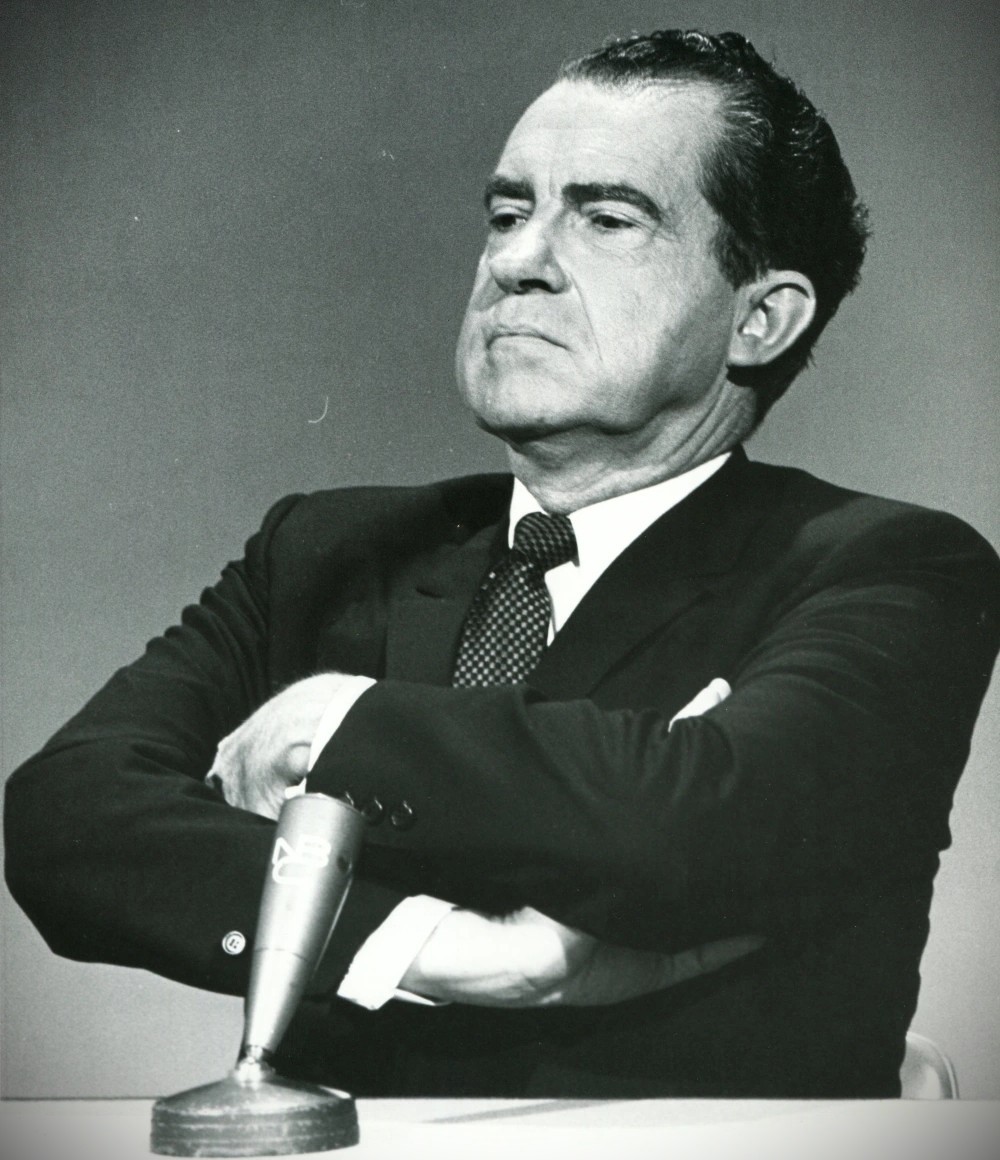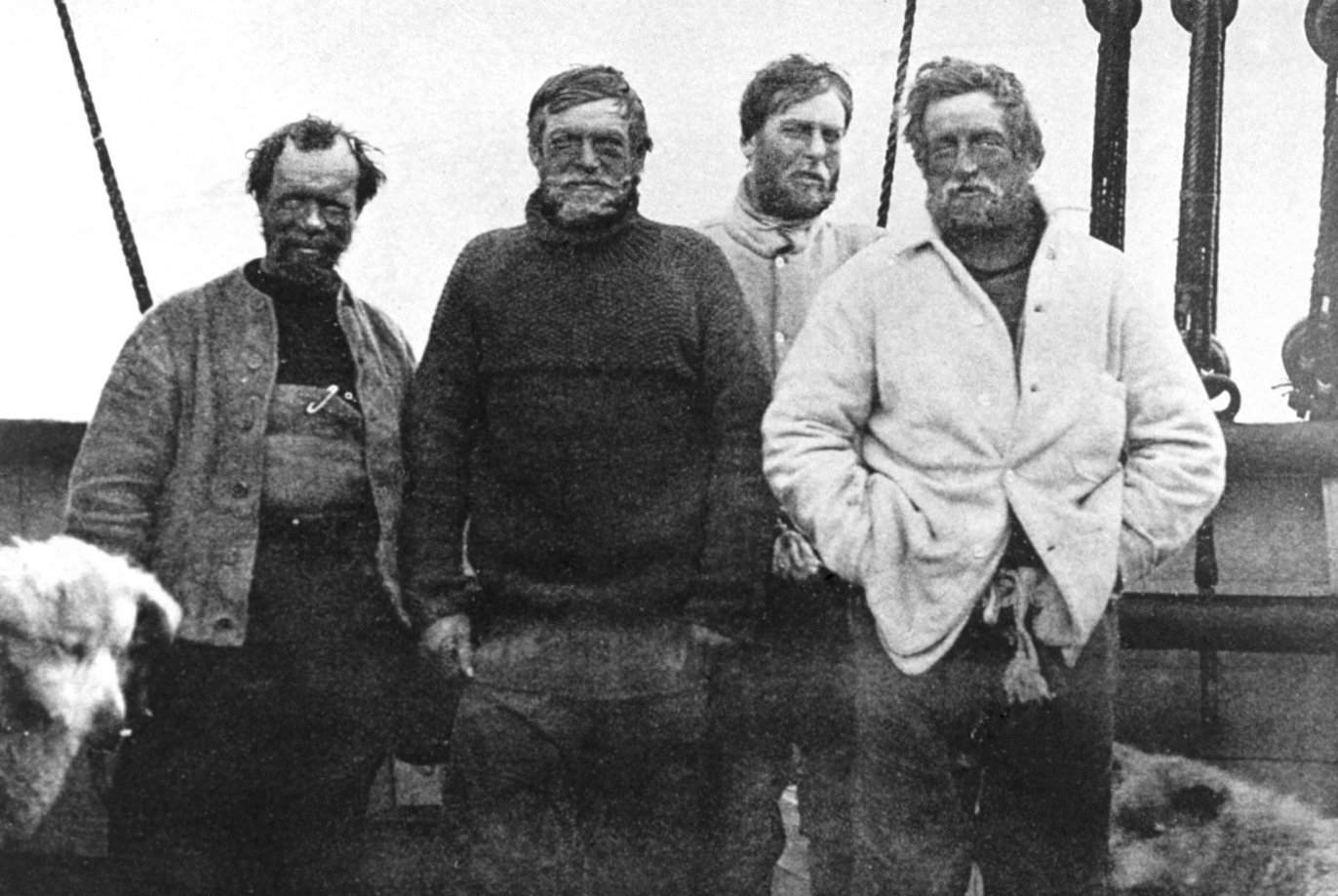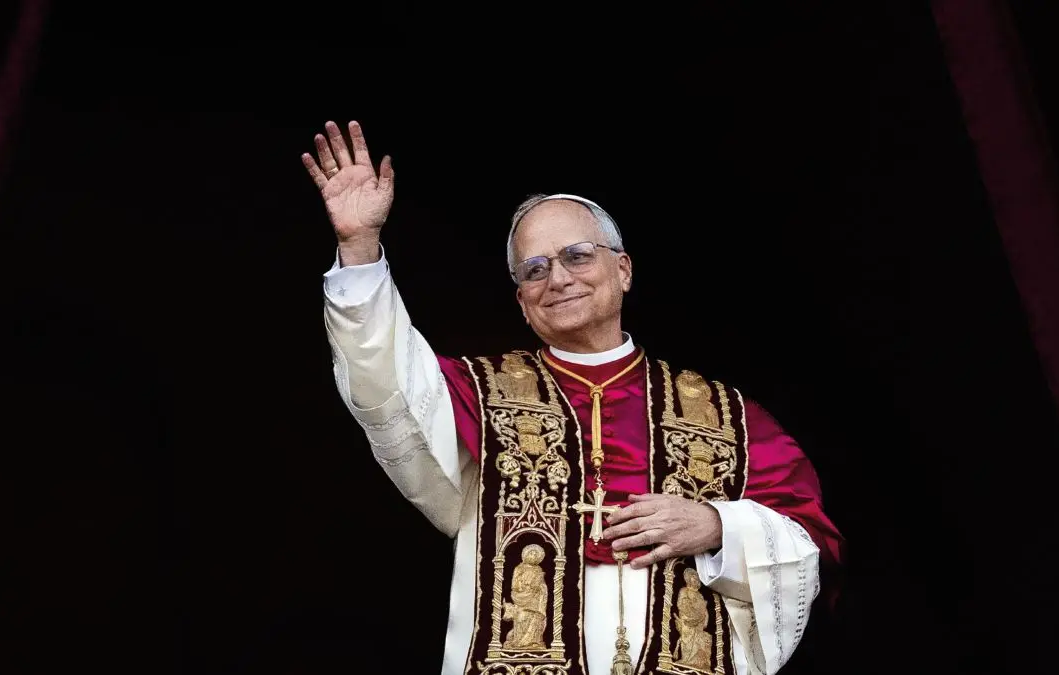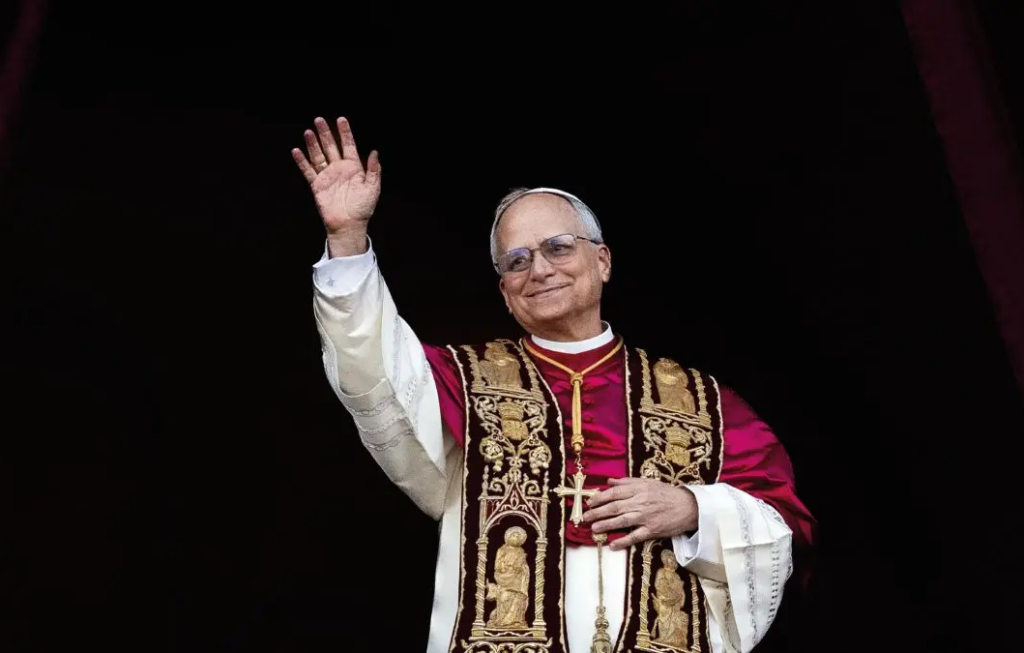
With the constant churn of headlines—political strife, cultural division, and an unrelenting news cycle—it’s easy to feel overwhelmed, even numb. So when this week’s TIME magazine arrived, I felt an unexpected sense of peace and gratitude.
The cover was simple, yet powerful: a full-page portrait of Pope Leo XIV, dressed in royal vestments, hands folded calmly in front of him. But it wasn’t the symbolism of his office that captured me—it was his welcoming smile.
It wasn’t grand or performative. It was genuine, warm, and quietly reassuring—the kind of expression that invites trust rather than demands attention. In the midst of so much noise, his face offered something rare: a sense of calm, kindness, and moral clarity.
In that moment, I was reminded of how much leadership, at its best, can inspire simply by being present, grounded, and human.
I was looking forward to sitting down and reading TIME’s profile on this remarkable man. A thoughtful piece on our new American Pope—the kind of leader who exudes humility, compassion, and moral clarity—was just what I needed.
But the opening letter from the editor-in-chief set the table for what I was in for: a full, unedited interview with President Donald Trump.
Two men, two polar opposites.
One represents humility and grace; the other, grievance and self-promotion. One speaks softly, guided by faith and conscience. The other bellows, convinced of his victimhood.
What are the odds of both appearing in the same issue? The moral and ethical spectrum laid bare between two covers. And it left me wondering: Which one are we more drawn to—and why?
On May 18, Pope Leo XIV delivered his inaugural Mass in St. Peter’s Square before 200,000 faithful and world leaders. His message was clear: the Church must be a “beacon that illuminates the dark nights of this world.” He embraced continuity with Pope Francis, pledging to expand inclusion, elevate the role of women, and confront modern challenges like technology’s threat to human dignity. In choosing the name Leo XIV, he invoked the legacy of Pope Leo XIII, a champion of justice during the Industrial Revolution. This is a man determined to guide with humility and conscience.
Donald Trump’s message, by contrast, was one of force and domination. In his first 100 days back in office, he signed 143 executive orders—tripling immigration raids, stripping funding from sanctuary cities, and fast-tracking deportations. He created a new federal agency to combat the so-called “deep state” and redrew foreign policy lines with aggressive stances on aid and alliances—(and that’s just a short list of his “accomplishments.”) His tone in the interview was combative, dismissing critics, vilifying opponents, and pledging to “finish the job” he started in 2017.
Two men. Two visions.
One leads by calming the waters. The other by stirring them.
One asks us to come together. The other demands that we fall in line.
One offers a moral compass. The other, a wrecking ball.
In the end, we’re left with a choice—not just between two men, but between the kind of leadership we want and the kind of society we hope to build.
God bless us—and God help us.
Comments



